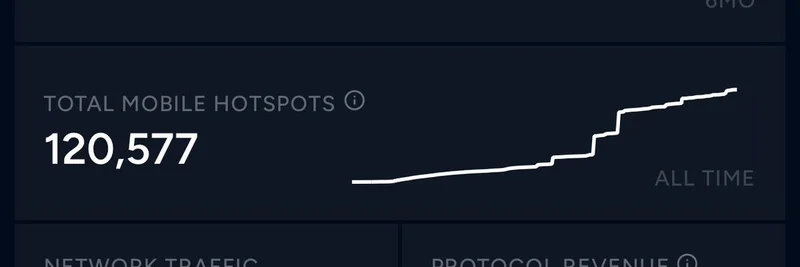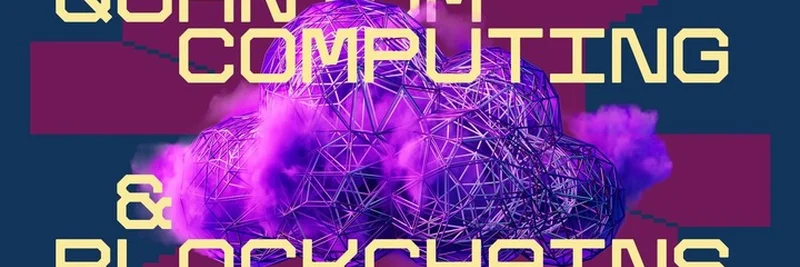In the fast-evolving world of cryptocurrency, Decentralized Autonomous Organizations (DAOs) promise a new era of community-driven decision-making. But as a recent thread from crypto analyst @m0xt_ highlights, the reality often falls short. Posted on X (formerly Twitter), the discussion peels back the layers on why DAO governance feels more like theater than effective leadership. Let's break it down and see what it means for the broader blockchain ecosystem, including meme tokens that often rely on similar structures.
The Founder Conundrum in Crypto Projects
At the heart of many protocols lies a common issue: founders who are genius engineers but not necessarily equipped to run a full-fledged business. As @m0xt_ points out, these individuals are suddenly thrust into roles like CEO, CFO, or CMO—positions that demand skills far beyond coding. Writing smart contracts is one thing; scaling a team, crafting growth strategies, and managing finances is another.
The solution seems straightforward: bring in seasoned pros from the traditional web2 world. These are folks who've built and scaled companies, navigated market challenges, and led teams to success. Yet, this isn't happening as often as it should. Instead, many founders stick to their crypto-native networks—talented, sure, but often lacking in real-world management experience. This echo chamber can stifle growth and lead to missteps in execution.
For meme token communities, this rings especially true. Many meme projects start as fun, community-led initiatives but quickly face governance hurdles when trying to evolve into something more sustainable. Without strong leadership, hype can fizzle out, leaving holders in the lurch.
The Illusion of DAO Democracy
DAOs are supposed to democratize control through token-holder voting and delegates. In theory, the community calls the shots. But @m0xt_ calls this out as "governance theater." Delegates might vote on proposals, but they rarely own the outcomes. There's little accountability—no real skin in the game if things go south. Incentives are misaligned; rewards come from participation, not from driving proactive strategies or ensuring long-term success.
This setup contrasts sharply with traditional companies, where executives are held responsible for results. In crypto, the lack of strong management means protocols struggle to build lasting value. As the analyst notes, nothing monumental gets built without solid leadership. DAOs aiming for billion-dollar status can't skip this step.
Think about it in the context of meme tokens: A viral coin might launch with a DAO for fair launches or treasury management, but without accountable leaders, decisions drag on, and opportunities slip away. Communities vote, but who executes? Who pivots when the market shifts?
A Futarchy Thought Experiment for Better Governance
To drive the point home, @m0xt_ proposes a futarchy-based scenario—a governance model where decisions are made via prediction markets. Imagine betting on two paths for a DAO:
Option A: Stick with the status quo—a founder-led engineering team, minimal management chops, and delegate-driven governance. Cross your fingers that execution improves organically.
Option B: Overhaul the structure by hiring proven executives, budgeting for their expertise, and tying incentives to long-term wins through token options.
Where would smart money go? Likely Option B, emphasizing the value of experienced leadership in scaling.
This isn't just theoretical. For blockchain practitioners, especially in the meme space, adopting such forward-thinking models could mean the difference between a flash-in-the-pan token and a resilient community asset. Tools like futarchy could help DAOs make data-driven bets on their future.
Bridging Web2 and Web3 for Crypto's Next Phase
The thread wraps up with a call to action: If DAOs want to graduate from experiments to empires, they must lure top web2 talent. This infusion of expertise could bridge the gap between innovative tech and operational excellence.
At Meme Insider, we see this as crucial for meme tokens too. Many start decentralized but need structured governance to thrive amid volatility. By learning from these insights, builders can create more robust ecosystems, blending crypto's agility with proven business acumen.
Whether you're a founder, delegate, or token holder, reflecting on these points could spark the changes needed for sustainable growth. Check out the original thread on X for the full discussion, and let's keep pushing the boundaries of what's possible in blockchain.


